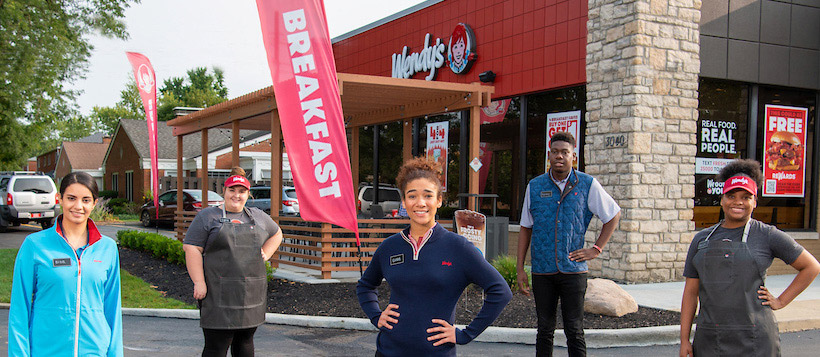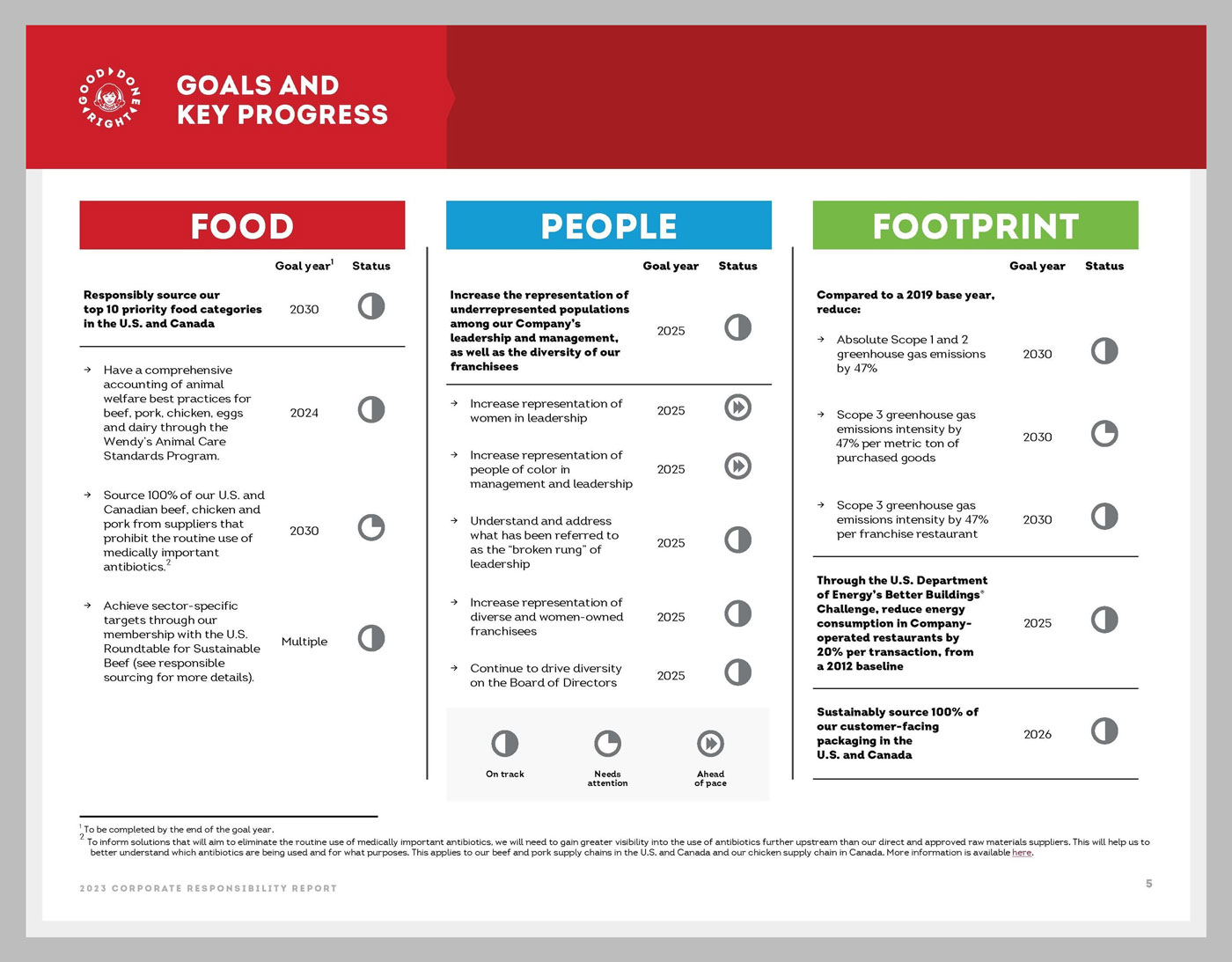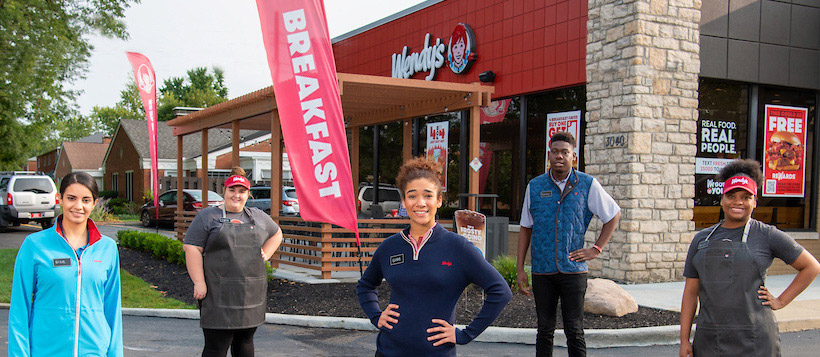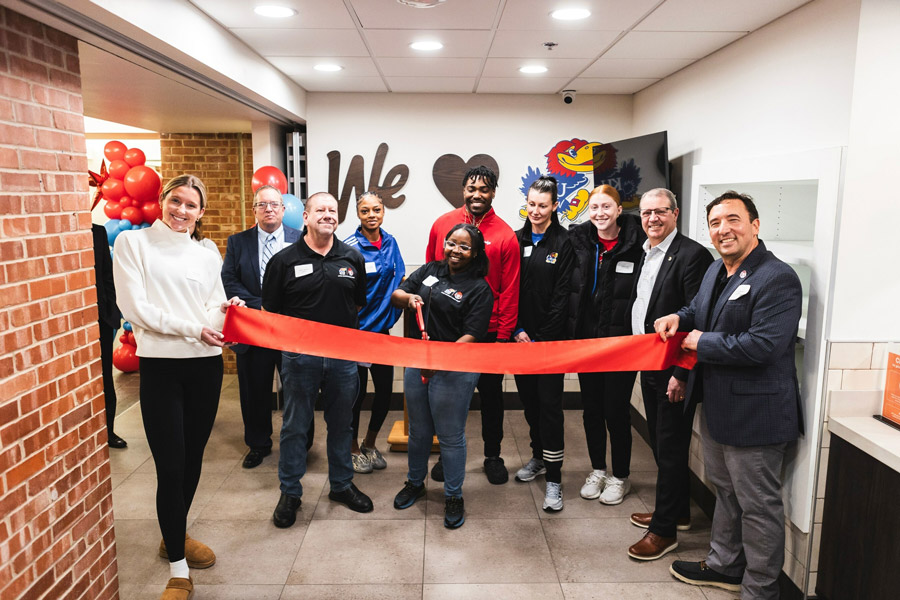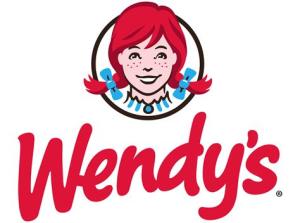Pür & Simple: Building Out the U.S. Market
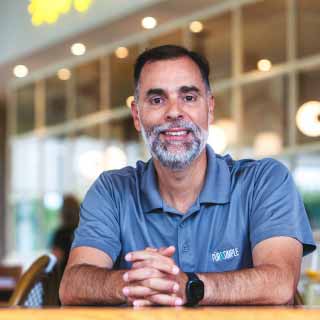
Mauricio Araque always had an entrepreneurial spirit. As a university student in Venezuela, he would buy cheese wholesale from a local factory and resell it to supermarkets. This venture eventually led to even greater success, as Araque went on to own restaurant franchises throughout the country. By Kelsi Trinidad


